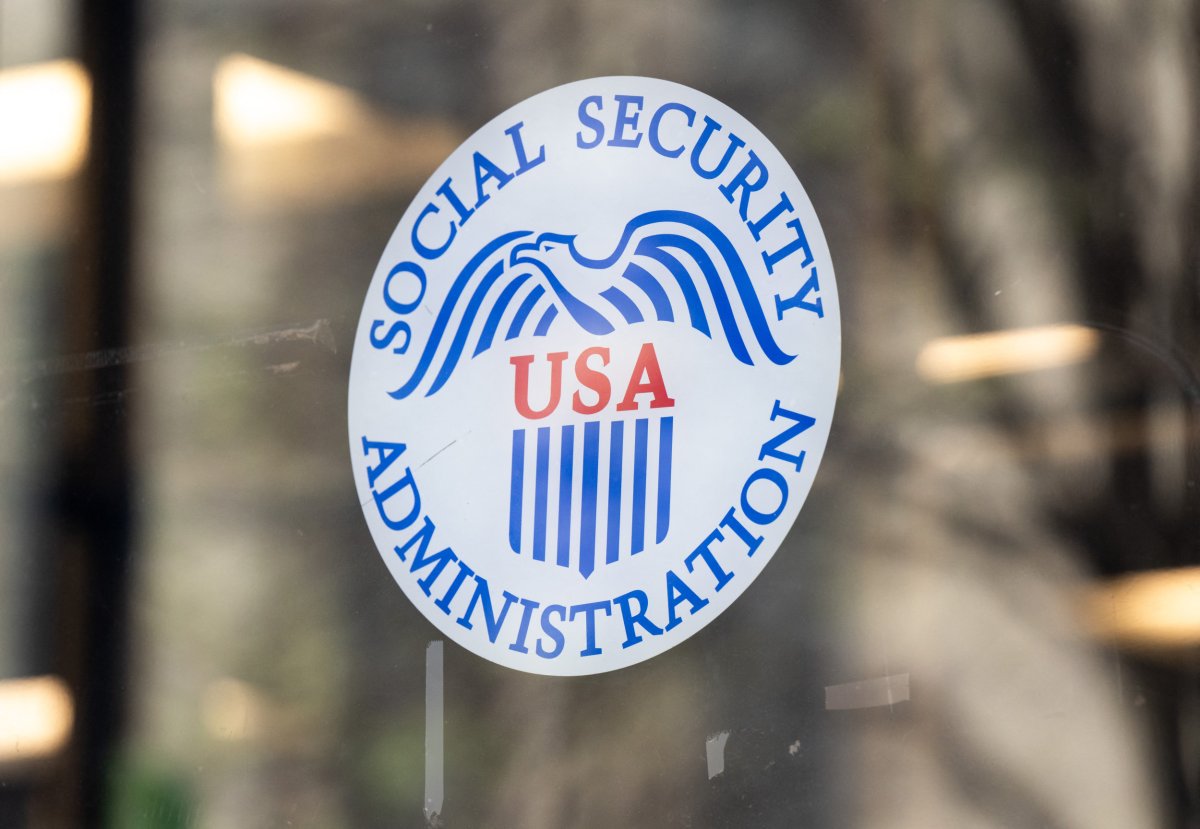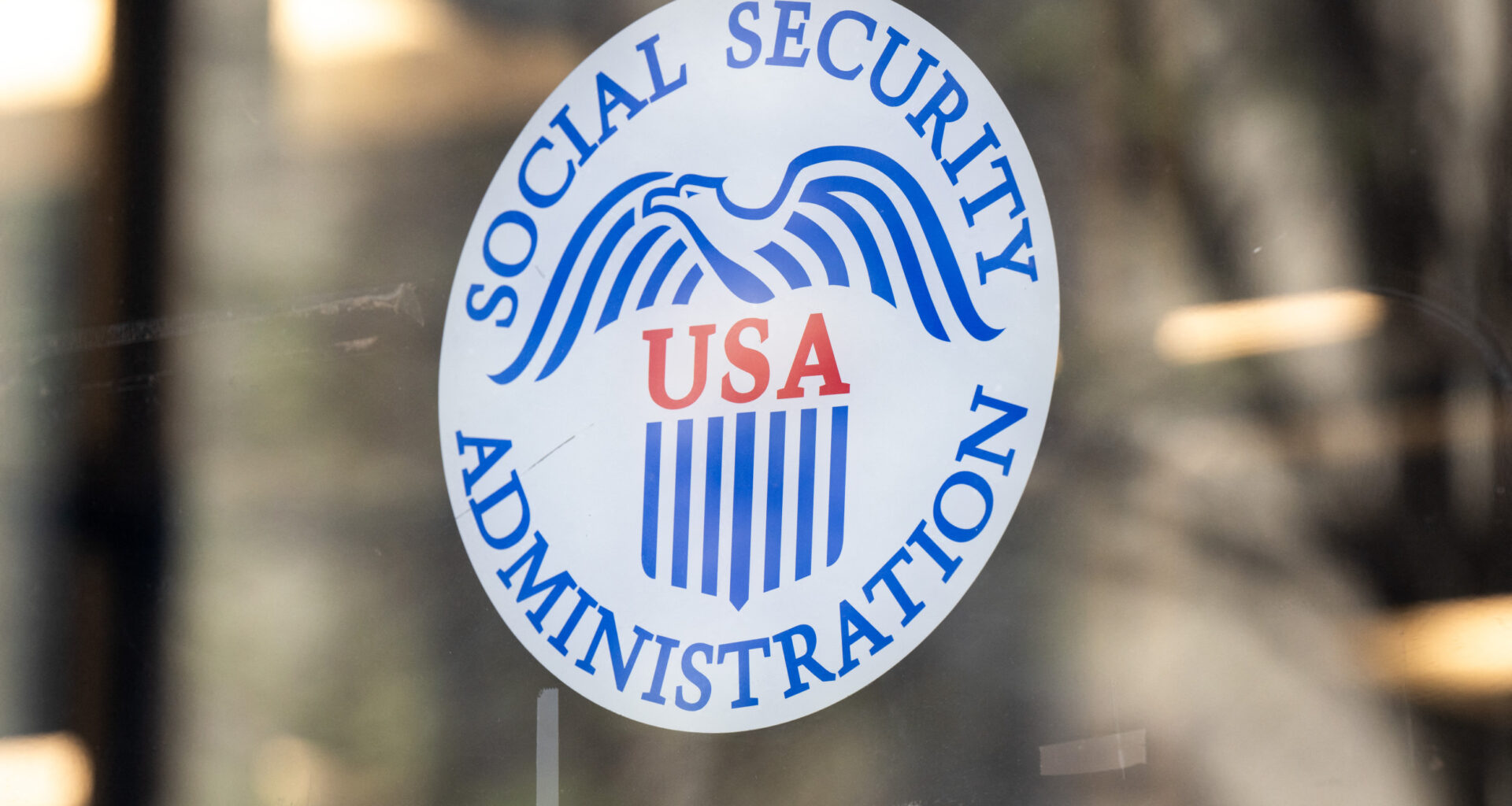Beginning mid-August, the Social Security Administration announced a new multi-factor authorization policy that would have required millions of seniors and people with disabilities to visit local field offices for routine account updates.
The agency’s shift to requiring a security authentication PIN in August drew concern from advocates and beneficiaries as offices braced for an influx of visitors amid shrinking staffing levels.
However, the SSA confirmed to Newsweek that beneficiaries and my Social Security account holders will not be required to visit a field office if they do not choose to use the new authentication PIN feature.
“The filing with OMB will be amended to clarify that the use of the Security Authentication PIN (SAP) feature is entirely optional,” a spokesperson for the SSA told Newsweek on Thursday.
“We are encouraging my Social Security accountholders to use the enhanced SAP feature to quickly and securely verify their identity when calling the National 800 Number. Beneficiaries and my Social Security accountholders are not required to set up or have a SAP for identity verification or manage their benefits over the phone – when calling the National 800 Number, they will continue to use the existing identity verification process.”
Why It Matters
Over 68 million Americans receive Social Security benefits, and many depend on these payments as their primary source of income.
Requiring the PIN usage or a field office visit would have been particularly pressing for rural residents, those with disabilities, and individuals living on fixed incomes, as they may be less likely to be able to travel long distances to their closest Social Security field office.

File photo of a Social Security Administration office in Washington, D.C.
File photo of a Social Security Administration office in Washington, D.C.
SAUL LOEB/AFP via Getty Images
What To Know
The SSA was initially set to end the option to conduct routine beneficiary tasks solely by phone in August, requiring the use of a new online verification process or an in-person visit for those unable to complete it.
The SSA estimated that this policy will result in approximately 3.4 million more annual office visits, thereby compounding wait times and processing delays.
“This could cause additional hurdles for seniors, especially those who are further away from field offices,” Alex Beene, a financial literacy instructor for the University of Tennessee at Martin, told Newsweek. “You have to ask if the reduction in fraud is worth the additional hardship for seniors.”
The move would have affected primarily seniors, people with disabilities, and bereaved families. The SSA has also reduced office staff by thousands, having recently reassigned 1,000 employees and accepted nearly 2,000 buyouts, marking the largest such reduction in agency history.
However, the SSA clarified Thursday that the use of the Security Authentication PIN (SAP) feature will be entirely optional for beneficiaries, and no field office visits will be mandated as a result.
Among other changes to the agency, the SSA began withholding up to 50 percent of monthly payments for beneficiaries with overpayment debts. This policy, implemented at the end of July, marks a sharp increase in collection rates compared to the 10 percent standard previously set by the Biden administration.
The agency aims to recover billions in overpaid benefits, including $32.8 billion identified between 2020 and 2023. Improper payments most often result from delayed income reporting, miscalculations, or failure to update personal status changes. Notices are being sent to affected recipients, who are granted the option to appeal, request lower withholdings, or seek waivers in cases of financial hardship.
What People Are Saying
Alex Beene, a financial literacy instructor for the University of Tennessee at Martin, told Newsweek: “Fraud has become a huge concern in recent years for Social Security. While the estimates of Social Security funds being illegally used is actually small statistically, it’s still an area many want to see improvement on, and multi-factor authentication is seen as a great resource to assist in preventing future crimes with funding.”
Kevin Thompson, the CEO of 9i Capital Group and the host of the 9innings podcast, told Newsweek: “The SSA is trying to modernize the system and reduce the risk of fraud. Much like many banks and other financial entities have done throughout the years where they now require multi-factor authentication and other metrics to verify identity to protect individuals. The SSA is implementing much of the same.”
What Happens Next
Social Security recipients are advised to monitor their mailed or online notices for details about benefit changes, payment reductions, or verification procedures.
In 2025, Social Security benefits were updated based on a 2.5 percent Cost-of-Living Adjustment (COLA), raising the average monthly benefit by $49, alongside a $10.30 monthly increase in standard Medicare Part B premiums.
The repeal of the Windfall Elimination Provision (WEP) and the Government Pension Offset (GPO) also resulted in higher payouts for about 2.8 million beneficiaries who receive both Social Security and a government pension.

